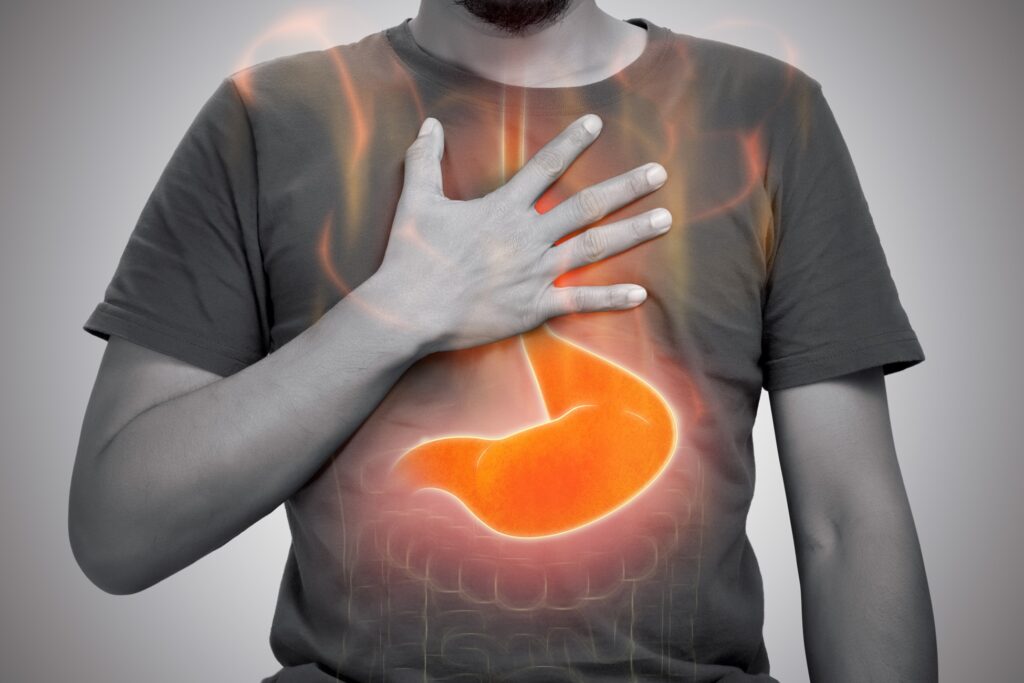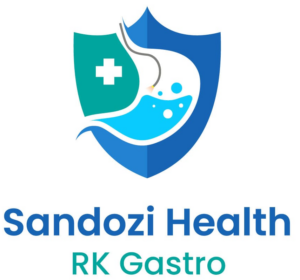Ever felt like your stomach is doing a flip when stressed? For those dealing with GERD, stress can feel like adding fuel to the fire. It's not pretty, but understanding the link can help in managing GERD symptoms effectively. Let's explore how stress impacts this condition and ways to tame those flare-ups.
Understanding GERD and Its Link to Stress
GERD, or Gastroesophageal Reflux Disease, happens when stomach acid frequently flows back into the esophagus, the tube connecting your mouth to your stomach. This backwash, called acid reflux, can irritate the esophagus lining. Common GERD symptoms include heartburn, a burning chest pain, and regurgitation of food or sour liquid. Sometimes, it might feel like you have a lump in your throat.
Stress doesn’t cause GERD, but it can make symptoms worse. When you're stressed, your body produces more acid, which can lead to acidity of stomach acid. This can result in more intense burning sensations or even cause new symptoms to appear. Managing stress is crucial alongside gastroesophageal reflux disease treatments. A balanced approach can lead to better control over symptoms and contribute to an overall better quality of life.
The Science Behind Stress-Aggravated GERD
When stress kicks in, your digestion slows down. Your body is in "fight or flight" mode, and digestion isn’t a priority. This disruption can lead to food sitting in your stomach longer, resulting in more acid production.
Under stress, the stomach lining can become more sensitive. Likewise, the esophageal sphincter, a muscle ring that prevents acid from moving back up the esophagus, may not work properly. This increases the risk of acid reflux.
Studies show a clear link between stress and acidity of stomach acid, emphasizing why some experience more intense GERD symptoms during stressful times.
Identifying Stress-Induced GERD Symptoms
Recognizing stress-induced GERD symptoms can be tricky. They include the usual suspects: heartburn, acid regurgitation, or chest pain, but they might feel worse than normal.
To figure out if stress triggers your GERD, keep a journal. Note when symptoms flare up. Record what you were doing or feeling before they started. This helps differentiate between regular and stress-triggered episodes.
Self-awareness is key. Early symptom recognition is essential for effective management. The sooner you catch and label what's happening, the better you can manage it.
Lifestyle Tweaks to Minimize Stress and GERD Flare-Ups
A few lifestyle changes can make a world of difference. Here’s how you can tweak your routine:
- Dietary Changes: Minimize caffeine, spicy foods, and alcohol—they can worsen both stress and GERD.
- Maintain a balanced diet filled with fruits, vegetables, and whole grains, which optimize digestion.
- Stay hydrated! Water helps dilute stomach acid, reducing the risk of GERD symptoms.
- When it comes to pregnancy and heartburn, eating smaller, more frequent meals can help.
Regular exercise is a powerful stress buster. Activities like walking, jogging, or dancing can improve both your mood and digestion.
Many have shared success stories about how lifestyle changes helped them manage GERD better. Small steps lead to big changes!
Effective Stress-Reduction Techniques
Incorporate stress-reduction techniques into your daily life:
- Mindfulness and Meditation: These practices help ground you in the present moment, reducing stress.
- Easy yoga moves and deep breathing exercises can calm your mind and body.
- Traditional Indian remedies, like Ayurveda, focus on balance and can manage stress effectively.
- Progressive muscle relaxation methods can also relieve tension in your body, benefiting GERD symptoms.
These techniques, practiced regularly, can lead to noticeable improvements.
Leveraging Social Support and Professional Guidance
Communicating your condition with friends and family is crucial. They can offer support and understanding, making you feel less isolated.
Consider joining support groups for people dealing with GERD and stress. Sharing experiences and tips can be incredibly relieving.
Professional guidance may be necessary if symptoms persist. A flexible combination of treatment targeting GERD and stress can be very effective.
Modern Tools for Stress and GERD Management
Technology in your pocket can assist in managing stress and GERD.
- Explore popular apps for stress-reduction and mindfulness exercises.
- Wearable devices can now monitor stress levels and GERD symptoms, providing real-time feedback.
- GERD symptom tracking tools help identify triggers, enabling better management strategies.
Conclusion: Embracing a Holistic Approach
Understanding the connection between stress and GERD allows you to adopt effective strategies. Regular use of stress-reduction techniques can alleviate symptoms.
Embrace a holistic approach that combines lifestyle changes, stress management, and gastroesophageal reflux disease treatments to manage GERD effectively. The long-term benefits can lead to not just better digestion, but an elevated overall sense of well-being.



